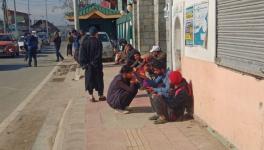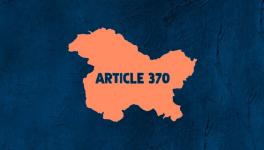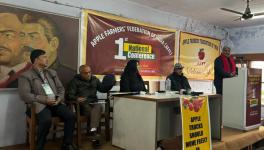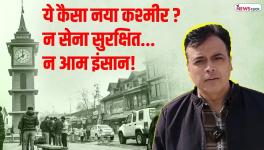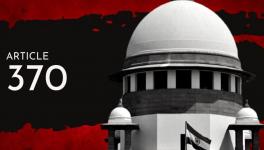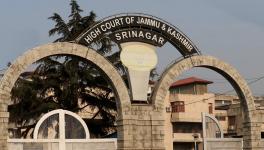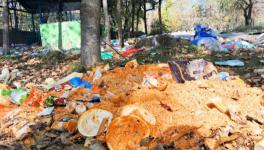J&K: Lockdown, Protests Find No Mention in Chapter on Art 370 in Textbooks
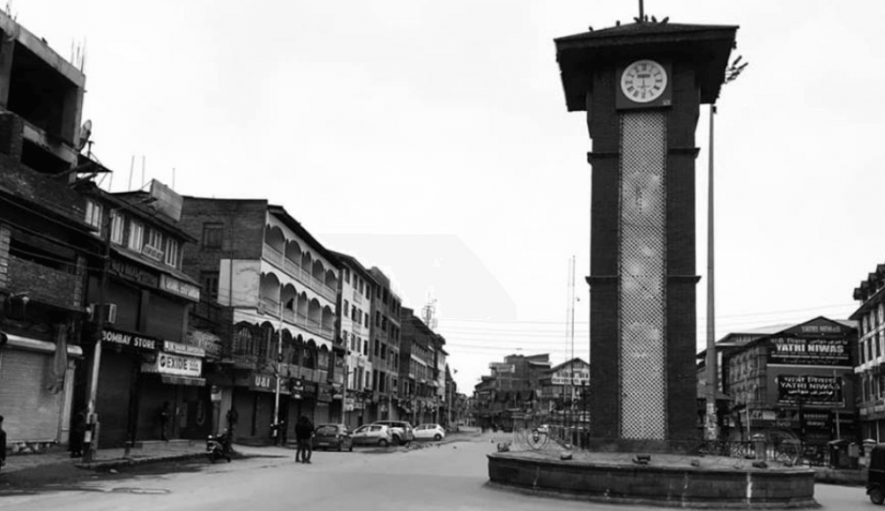
A new chapter has been introduced in the revised text books published by J&K Board of School Education (JKBOSE). Students of classes VI to X, enrolled in government and private schools of Jammu and Kashmir, will now learn about the abrogation of Article 370 and simultaneous bifurcation of the erstwhile state into union territories in these newly assigned books.
The revised text books have been made available by the JKBOSE for both the Union Territories of J&K and Ladakh for the 2020-21 academic session.
The chapter which is based on the recent developments in the erstwhile state presents a picture far removed from the reality – directly playing into the Centre’s narrative. In the revised political science text book of class X, there is a chapter by the name “The Jammu and Kashmir Reorganisation Act 2019”.
The chapter starts with the details of how the resolution was passed in both the Houses of Parliament. However, it doesn’t mention the manner in which the special status of the erstwhile state was abrogated – unilaterally and without taking into confidence either the people of J&K or Parliament.
Also watch: Abrogation of Art 370: How Valley Students Are Suffering
The introduction of the chapter states, “On the basis of a resolution passed in both the houses of the Parliament, the President issued an order on 6th of August declaring that all the clauses of Article 370 except clause (1) to be inoperative thus effectively ending special rights and privileges upon the J&K permanent residents, to the exclusion of other citizens of India, more specifically with regard to the acquisition of immovable property and appointments to services.”
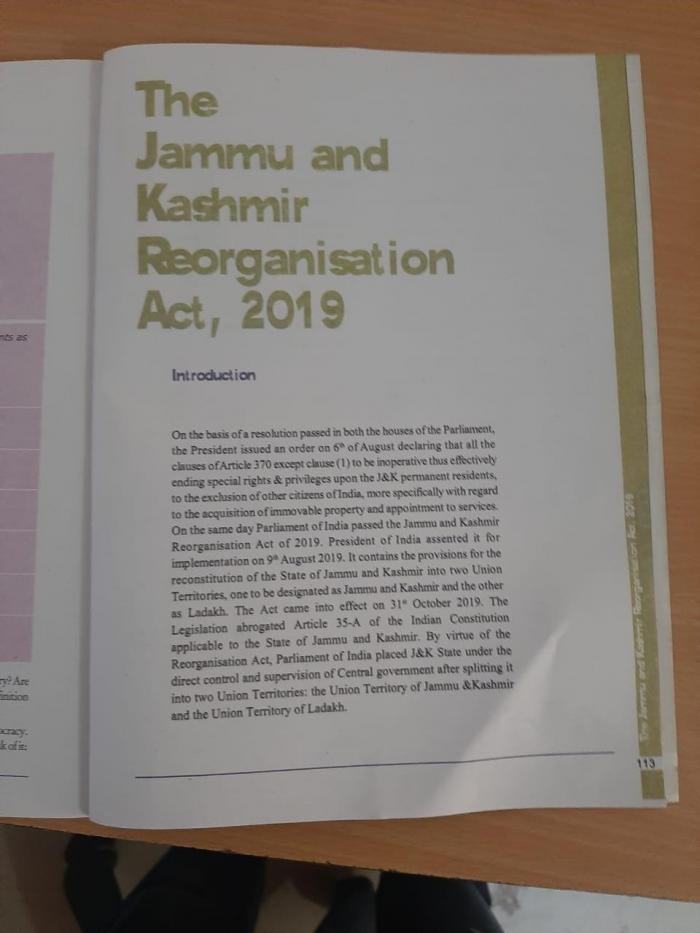
“On the same day, the Parliament of India passed the Jammu and Kashmir Reorganisation Act of 2019. President of India assented it for implementation on 9th August 2019. It contains the provisions for the reconstitution of the state of Jammu and Kashmir into two Union Territories, one to be designated as Jammu and Kashmir and the other as Ladakh,” the chapter adds.
Inside the chapter, under the sub-head “Provisions of the Act,” it mentions, “The UT of Ladakh will be without legislature and under the direct control of President of India and shall be administered through a lieutenant Governor.” The chapter doesn’t mention the subsequent protests in Leh over the legislature and domicile issues.
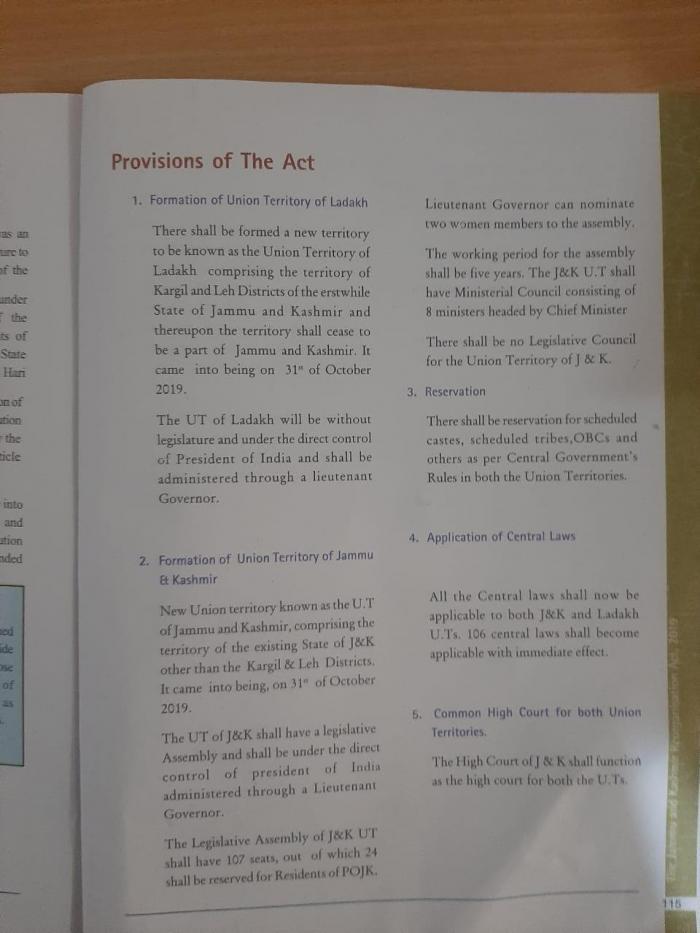
It must be noted that while introducing the students to the recent developments of August 5, 2019, there has been no mention of the of the subsequent lockdown, unprecedented internet and communication blockade imposed by the Centre a day before taking the major decision. Neither does it mention the protests launched by the people of Kashmir to condemn the Centre’s order, hundreds of detentions and slapping of Public Safety Acts on the residents in Jammu, Kashmir and Ladakh division.
Also read: Kashmir: Students Allege Govt of Using Them as ‘Cannon Fodder’
Speaking about the consequences and intention of introducing the chapter in the textbooks, the executive editor of Kashmir Times, Anuradha Bhasin, said, “This is being done with an idea of instilling biased understanding of Jammu and Kashmir’s history in the minds of the children. The concern is that there has been silence on the history of 70 years before this and now there is only mention of what happened in August 2019 without giving either a background, without talking about how contested the very move was and the circumstances in which the decision was taken. There is no mention of the blockade that was imposed to ensure silence on this. The kind of hardships the people have faced. They have only presented a rosy picture.”
“Even if the future is going to be good, say hypothetically, as the government believes, but that impact is yet to be felt. Partial lockdown is still in place, mainstream leaders are behind the bars, political process has not yet started. The economy is in shambles. Basically, the intention is to acquaint children with lies and biased understanding,” she added.
Notably, the chapter is also silent on the longest detention of three former chief ministers – Farooq Abdullah, Omar Abdullah and Mehbooba Mufti. The three former CMs, and bureaucrat-turned-politician Shah Faesal have been booked under Public Safety Act (PSA). The act, which was introduced by the National Conference’s Abdullah and further propagated by Mufti, allows detention of any individual for up to two years without trial or charge.
Get the latest reports & analysis with people's perspective on Protests, movements & deep analytical videos, discussions of the current affairs in your Telegram app. Subscribe to NewsClick's Telegram channel & get Real-Time updates on stories, as they get published on our website.









